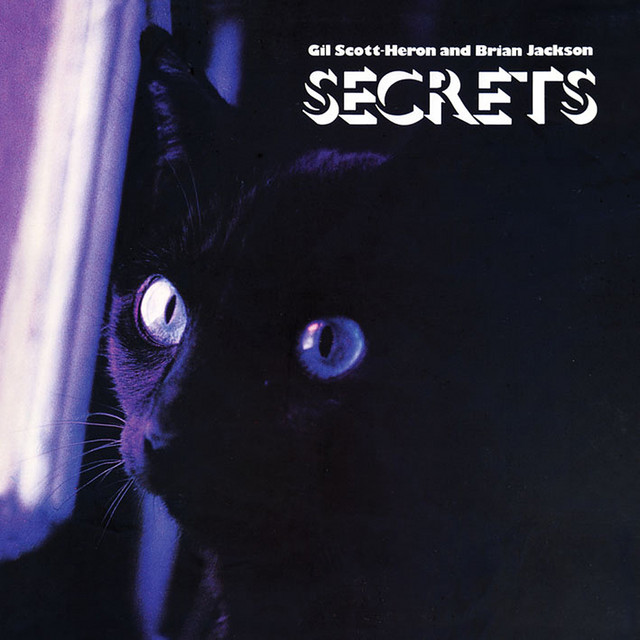Secrets
For many music geeks, the name Gil Scott-Heron will be one that is close to heart. Seen by many in the music industry as the godfather of hip-hop (despite his rejection of these claims) the late Scott-Heron had an immense talent as a poet, musician and singer. With a stunning deep and distinctive voice, he is most famous for the song, ‘The Revolution Will Not Be Televised’, originally released in 1970 as a spoken words track accompanied by bongos, and which was subsequently, and more famously, re-recorded for his second album as a Soul-Jazz masterpiece with a funk-heavy bass line. All aspects of his work were overtly political which had major merits and flaws too. On one hand, he frequently condemned substance abuse, despite battling with drug-addiction himself for a large part of his life. On the other, he was a great advocate of the civil rights movement, using his songs to express discontent over widespread black inequality all around the US; he is credited along with Stevie Wonder for pushing Reagan into the creation of a National Martin Luther King day which is an achievement in itself.
Scott-Heron began his career as a poet and novelist, writing two books between 1970-1972, and a large number of his albums in the early 1970’s contained mostly spoken words. It was at Lincoln University, however, where the real magic happened and a decade long musical collaboration between him and Brian Jackson began. As seems to be the case with many famous songwriting duo’s, Jackson, a flautist and piano player, probably doesn’t get the recognition that he truly deserves.
It is possible ,and highly likely, that without Brian Jackson, who has also worked closely with George Benson, Gwen Guthrie and Roy Ayers, Scott-Heron would not have gained the respect and admiration that he has today; you couldn’t have one without the other. The spoken works of Scott-Heron were extremely potent and powerful without music, but when Jackson was added to the mix a whole new soul-jazz dimension was created; it is music gold-dust! ‘Angola, Louisiana’ off the 1978 album Secrets is the perfect track to demonstrate this. It’s a political protest song written about the racially motivated imprisonment of Gary Tyler for a murder many people believe he did not commit and was framed for.
